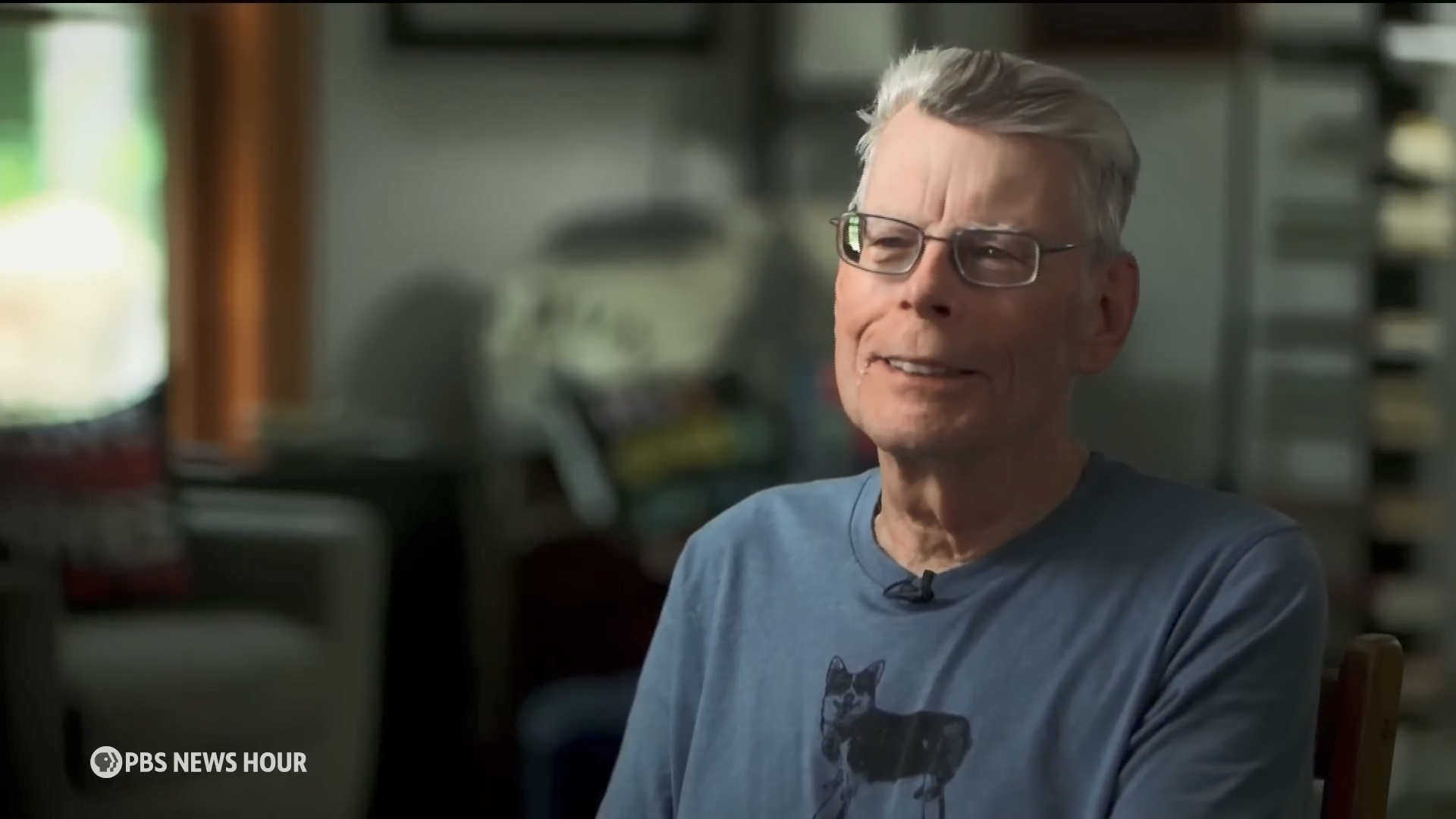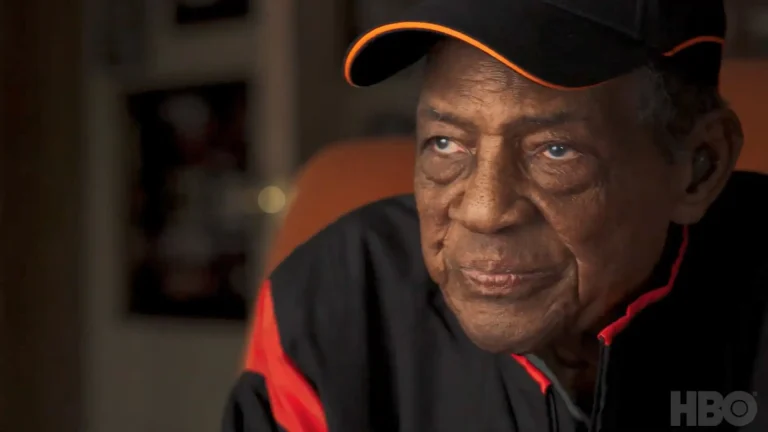Is Writing Frightening? Stephen King Has Help
The horror storyteller’s memoir has writing tips for corporate communications teams
Stephen King’s first paid writing job was in high school in the mid-1960s as a sports reporter for the weekly newspaper in Lisbon Falls, Maine.
When he turned in his first stories, the editor John Gould told him: “When you write a story, you’re telling yourself the story. When you rewrite, your main job is taking out all the things that are not the story.”
Gould, who also wrote a weekly column for the Christian Science Monitor for more than 60 years, died in 2003. He surely had no idea that this high-school kid would become a best-selling author of horror stories, from “Carrie” (1974) to “Doctor Sleep” (2013). Or that King would include Gould’s lesson decades later in “On Writing: A Memoir of the Craft,” originally published in 2000 and updated as recently as last year.
Like Gould, we tell internal communications and public relations teams: Every story should be about one thing. The story can have other things in it but take out the things that don’t connect to one idea or theme.
Writers and editors are interested in books by famous writers about their work the way many people are drawn to E! Online. Despite the authors’ celebrity, they face some of the obstacles that other writers face. They frequently serve up reminders of lessons we already know. And sometimes they offer fresh insights on their craft.
1. What gets in the way? We often ask writers what prevents them from writing better stories. Common answers are deadlines and not enough information. King identifies other obstacles.
“Good writing is often about letting go of fear and affectation,” he writes. “Affectation itself, beginning with the need to define some sorts of writing as ‘good’ and other sorts as ‘bad,’ is fearful behavior.”
Fear of creativity prompts us sometimes to write timidly, with jargon and phrases worn out from use.
“Free yourself from the bonds of perfection!” my colleague Jim Ylisela has urged.
2. Let it rip. How does King free himself from those restraints, with a first draft?
“With the door shut, downloading what’s in my head directly to the page, I write as fast as I can and still remain comfortable. …There’s plenty of opportunity for self-doubt. If I write rapidly, putting down my story exactly as it comes into my mind, only looking back to check the names of my characters and the relevant parts of their back stories, I find that I can keep up with my original enthusiasm and at the same time outrun the self-doubt that’s always waiting to settle in.”
Closing yourself off from any interruptions is a luxury for many professional communicators. Early in his career, King worked in a laundry and taught high school. He wrote during lunch hours at work or in the evening at home. He would have been grateful for a desk.
“I wrote my first two published novels, ‘Carrie’ and ‘Salem’s Lot,’ in the laundry room of a doublewide trailer, pounding away on my wife’s portable Olivetti typewriter and balancing a child’s desk on my thighs,” he writes.
The idea is to pound out a draft, wherever you’re sitting. Then, revise.
“Rewriting is good for the soul,” my colleague Jim Ylisela says. “It also makes your story better.”
3. Gain confidence. Reading is common advice to improve your writing. We’ve said it ourselves. It offers another benefit, according to King.
“The real importance of reading is that it creates an ease and intimacy with the process of writing; one comes to the country of the writer with one’s papers and identification pretty much in order. Constant reading will pull you into a place (a mind-set, if you like the phrase) where you can write eagerly and without self-consciousness. It also offers you a constantly growing knowledge of what has been done and what hasn’t, what is trite and what is fresh, what works and what just lies there dying (or dead) on the page. The more you read, the less apt you are to make a fool of yourself with your pen or word processor.”
4. It’s in the details. Beginning writers often think great writing comes from word choice. Instead, it comes from details. King writes:
“Description is what makes the reader a sensory participant in the story. Good description is a learned skill, one of the prime reasons why you cannot succeed unless you read a lot and write a lot. It’s not just a question of how-to, you see; it’s also a question of how much to….
“Thin description leaves the reader feeling bewildered and nearsighted. Overdescription buries him or her in details and images. The trick is to find a happy medium….
“For me, good description usually consists of a few well-chosen details that will stand for everything else. In most cases, these details will be the first ones that come to mind.”
Novelists draw on their experience and imagination. For the rest of us, it’s reporting, a strength of the late Jimmy Breslin, that produces great writing.
5. Enjoy writing. In the second edition of the book, published in 2010, King wrote in a forward, “This is a short book because most books about writing are filled with bull—.” (Not shy about using vulgarity, he spelled it out.)
Without surrendering his skepticism about the endeavor, King felt that he had left something out. In 2024, he added a chapter in the appendix, entitled, “Stephen King: On Joy.”
“Sometimes the words come easily,” he wrote. “Some mornings it’s like working on an assembly line, or in a warehouse. But every now and then you suddenly find yourself lifted to another plane of existence.”
Writing should be fun. And the better you get at it, the more fun it is.
Rock and Roll
King offers other insights into writing, including his colorful disapproval of the passive voice and adverbs, which he compares to dandelions. “If you have one on your lawn, it looks pretty and unique.”
News that King, 77, was selling his rock radio station in Bangor prompted me to pull “On Writing” out of the Kindle. (We used to pull books off the shelf.)
How does an avid rock-and-roll music fan and musician shut out distractions when he’s writing?
He writes: “I work to loud music—hard-rock stuff like AC/DC, Guns ’n Roses, and Metallica have always been particular favorites—but for me the music is just another way of shutting the door.”
You can pick your own music.
Tom Corfman is a senior consultant with Ragan Consulting Group who’s used to the clatter of newsrooms. He listens to news broadcasts while he writes. Tom directs our Build Better Writers program, which helps communication teams with everything from sentence construction to advanced storytelling.
Contact our client team to learn more about how we can help you with your communications. Follow RCG on LinkedIn and subscribe to our weekly newsletter here.







